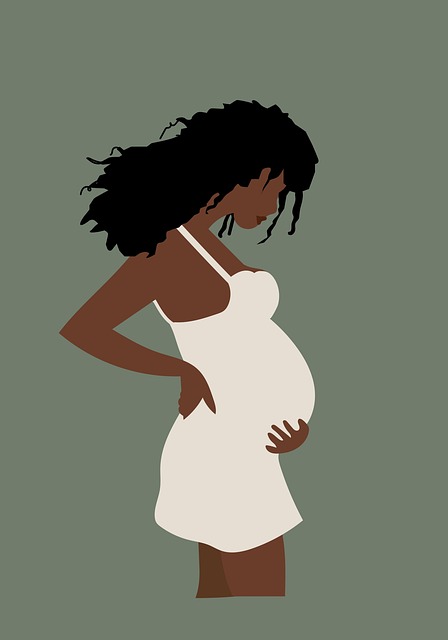You won’t believe what I discovered after years of feeling unwell! For over 30 years, I battled severe constipation, diarrhea, fatigue, joint pain, migraines, skin rashes, and infertility. It all changed when I learned I have celiac disease. The twist? It took adopting a sickly cocker spaniel named “Buddy” from the shelter to connect the dots. When our vet suggested gluten-free food for Buddy, I decided to try some gluten-free pretzels myself and—surprise!—my stomach issues improved.
Initially, my doctor dismissed my concerns, claiming I couldn’t possibly have celiac disease because I would have known by now. However, after a blood test for transglutaminase antibodies returned positive, I was referred to a gastroenterologist for an endoscopy, confirming the diagnosis. It was a long journey through countless doctors, but at 55, my health began to improve after cutting gluten out of my diet.
Unfortunately, my delayed diagnosis meant I struggled with infertility for years. Despite the challenges, I was fortunate to get pregnant five times and successfully carry two pregnancies to term. My sons are now wonderful adults, and I cherish having them in my life! While I can’t say for certain if my undiagnosed celiac disease impacted my fertility, the information I’ve gathered over my 20 years as an information specialist in a maternal health program has been eye-opening.
Understanding Celiac Disease
Celiac disease is hereditary, affecting about 1 in 100 people worldwide. When people with this autoimmune disorder consume gluten, it triggers an inflammatory response that damages the small intestine. This damage affects nutrient absorption, leading to serious health issues over time.
Celiac Disease and Pregnancy
Pregnant women with celiac disease face unique challenges, including nutritional deficiencies and an increased risk of complications like anemia and osteoporosis. Research suggests that women with celiac may have a harder time conceiving and experience higher rates of miscarriage and low birth weight. While more studies are needed to fully understand these risks, the evidence is concerning.
Finding Hope
The good news is that studies show when women adhere to a gluten-free diet, many of the associated problems often resolve. So, to all my fellow “Celiac Warriors,” there is hope! Here are some tips for a healthy pregnancy:
- Avoid Gluten: Gluten isn’t just in food; it can also lurk in cosmetics and even glue! Be cautious.
- Take Your Multivitamins: Ensure you’re getting enough nutrients, especially folic acid—at least 400 mcg is recommended.
- Manage Other Health Issues: Many with celiac also have other autoimmune conditions like thyroid disorders. Staying on top of these is crucial before trying to conceive.
Controlling celiac symptoms is key to a healthy pregnancy. It might take some effort to dodge gluten, but I promise you’ll feel a difference! In hindsight, the vet may have saved two lives that fateful day—Buddy is thriving on a gluten-free diet too!
If you’re curious about when babies start sitting up, take a look at one of our other blog posts for insights. Also, for anyone considering home insemination, check out this artificial insemination kit for a reliable option. For further information on infertility and IVF, Hopkins Medicine is an excellent resource.
In summary, my gluten journey has been a rollercoaster, but understanding celiac disease has empowered me to lead a healthier life and navigate pregnancy with hope and determination.

